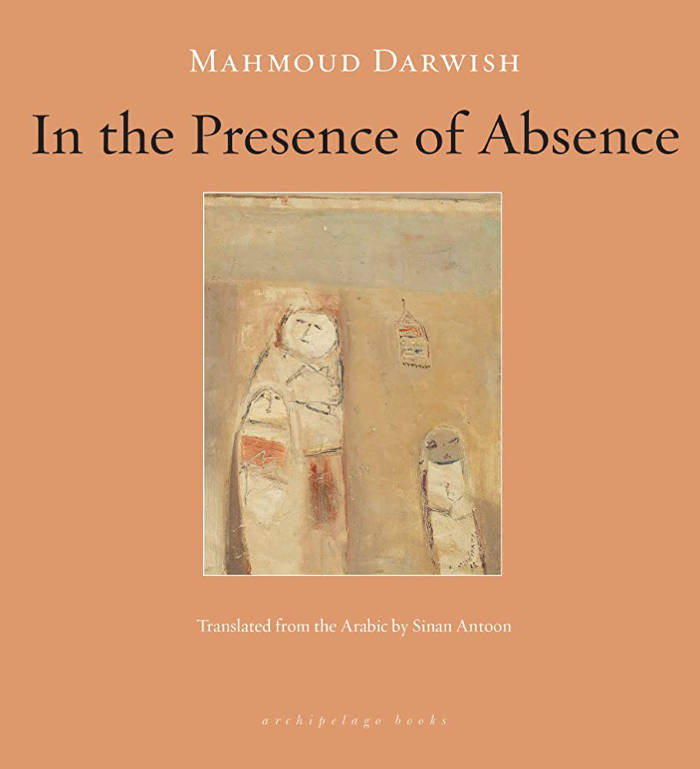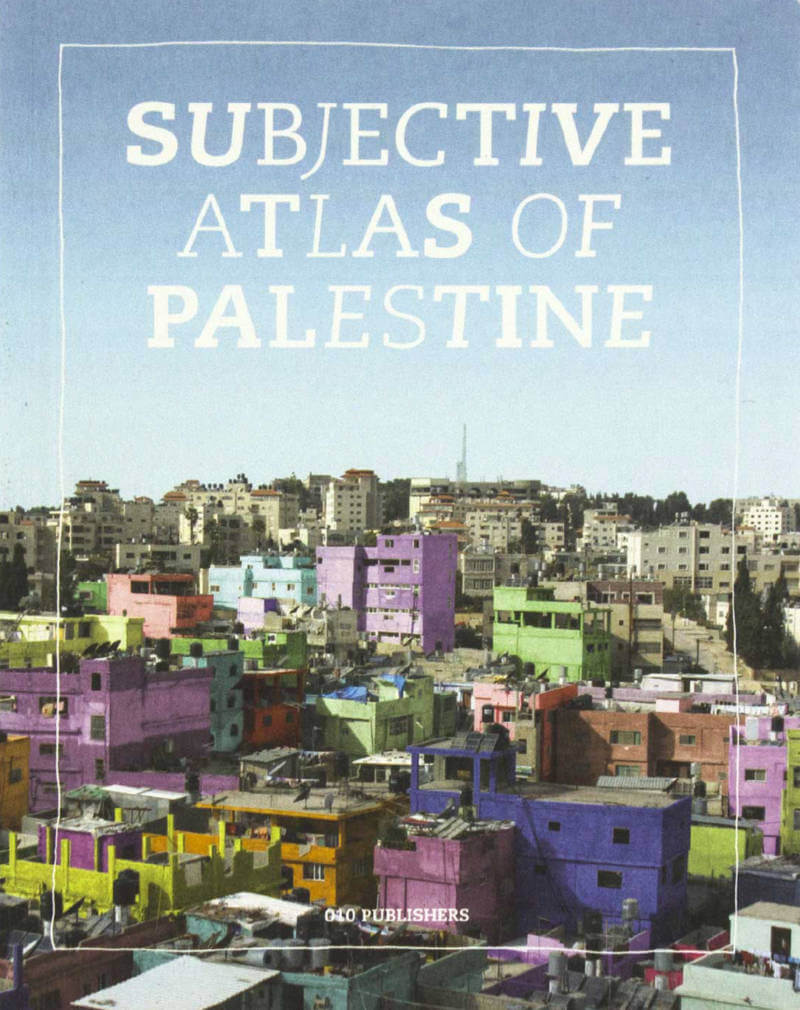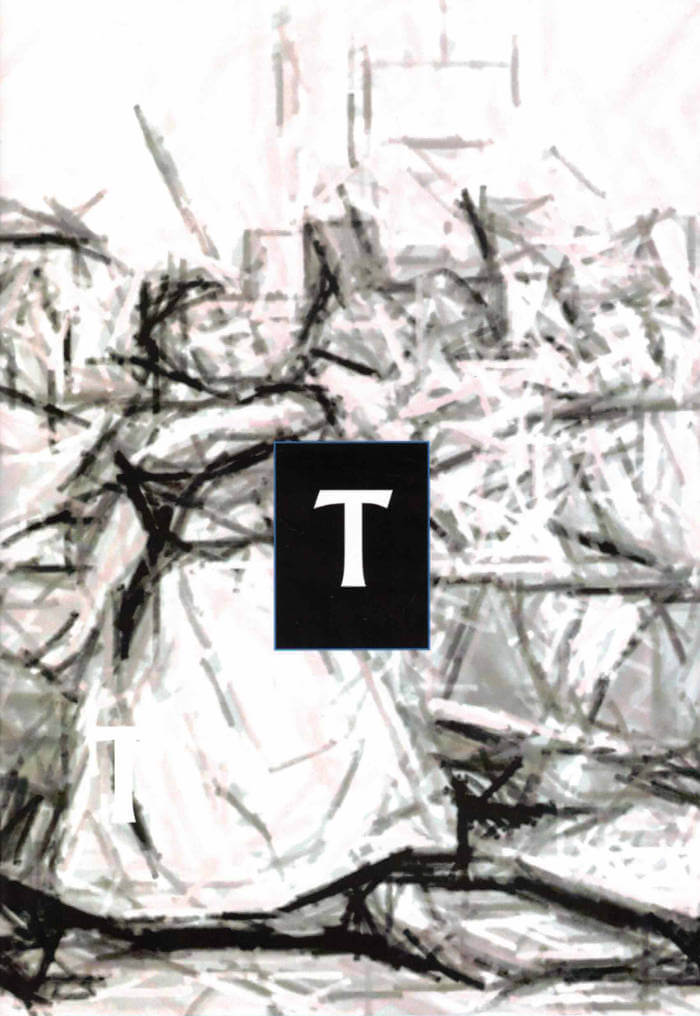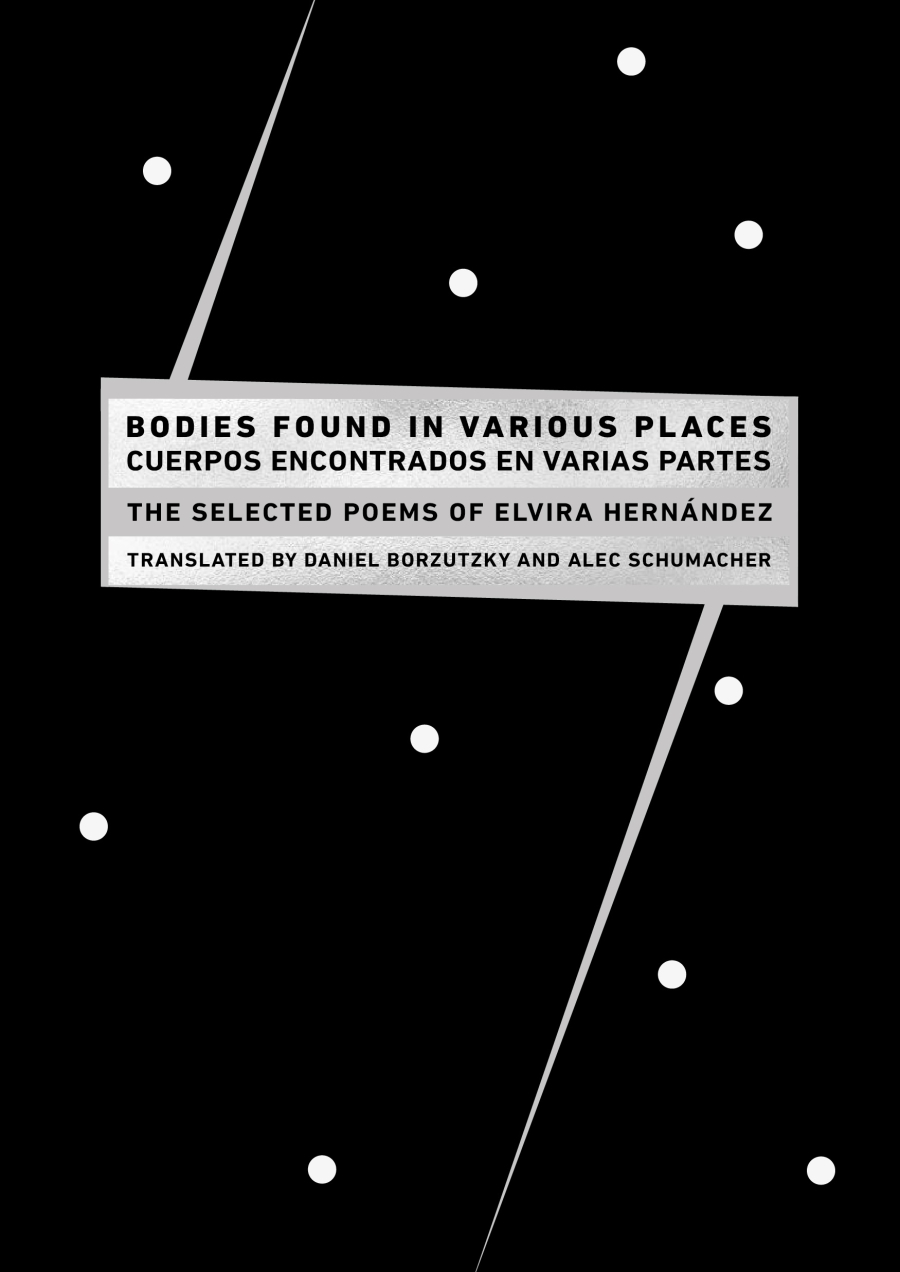Sublime landscapes, tranquil urban scenes, frolicking children; who would associate these images with Palestine? All too often the Western media show the country’s gloomy side, and Palestinians as aggressors. It is this that makes identifying with them virtually impossible. If we are to relate to the Palestinians other images are needed, images seen from a cultural and more human vantage point.
Palestinian artists, photographers and designers have mapped their country as they see it. Given their closeness to the subject, this has resulted in unconventional, very human impressions of the landscape and the architecture, the cuisine, the music and the poetry of thought and expression. The drawings, maps and photographs reveal individual life experiences. The contributions give an entirely different angle on a nation in occupied territory. In this subjective atlas it is the Palestinians themselves who show the disarming reverse side of the black-and-white image generally resorted to by the media.
CURATOR: Khaled Hourani (International Academy of Arts Palestine)
CONTRIBUTORS: Sameh Abboushi, Majd Abdel Hamid, Senan Abdelqader, Mohammed Amous, Tayseer Barakat, Sami Bandak, Baha Boukhari, Mahmoud Darwish (poem), Reem Fadda, Shadi Habib Allah, Majdi Hadid, Shuruq Harb, Dima Hourani, Khaled Hourani Munther Jaber, Khaled Jarrar, Abed Al Jubeh, Hassan Khader (foreword), Yazan Khalili, Suleiman Mansour, Basel Al Maqousi, Sani P. Meo, Inas Moussa, Hafez Omar, Hosni Radwan, Awatef Rumiyah, Ahmad Saleem, Shareef Sarhan, Majed Shala, Sami Shana’ah, Maissoon Sharkawi, Mamoun Shrietch, Lena Sobeh, Mohanad Yaqubi, Inass Yassin








